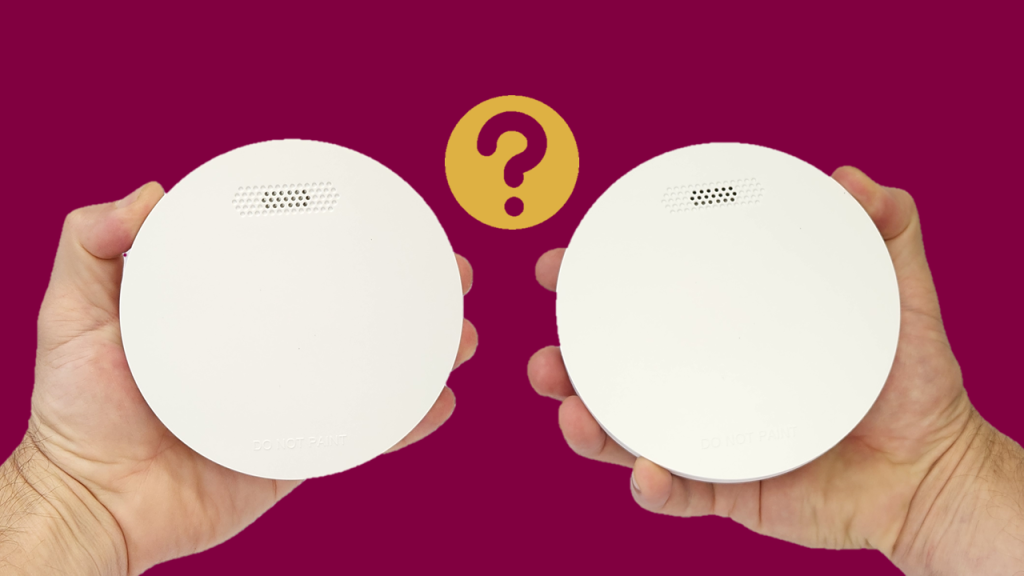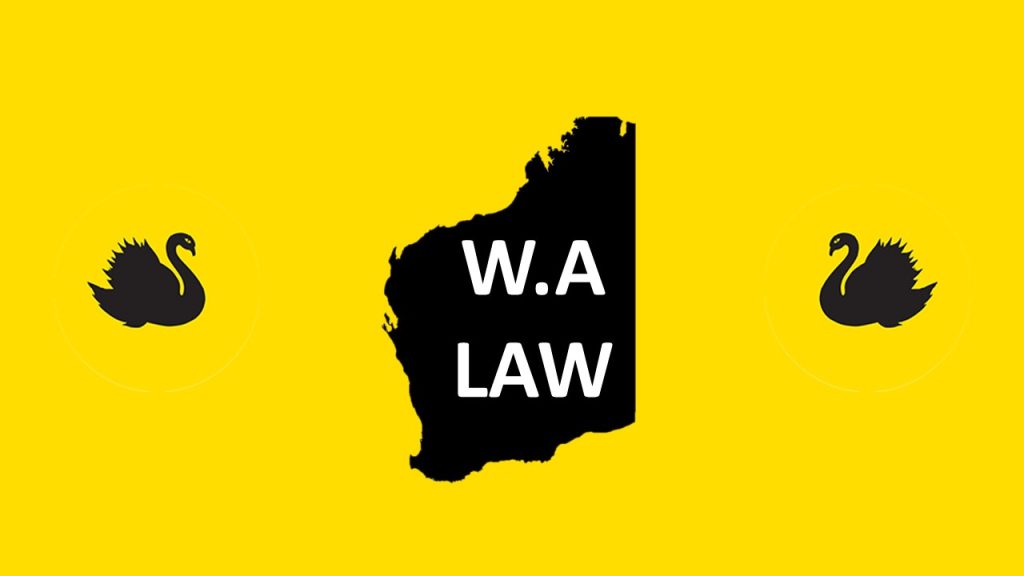Tag Archives: smoke detector
Wireless vs 240V Smoke Alarms: Learn the QLD Rules, Stay Compliant, And Choose The Best Option For Your Home With Our Expert Guide
Smoke alarm regulations in Queensland can be confusing, especially with the staggered implementation of new laws. Many homeowners are u...
Key Insights: What Do The West Australian Smoke Detector Laws Actually State?
Smoke Detector Laws In Western Australia
Understanding Western Australia's smoke detector laws is essential for homeowners, land...
Tasmanian Smoke Detector Laws: What You Don’t Know Could Cost You!
Photoelectric Smoke Detector Laws In Tasmania
Tasmania’s smoke detector laws are designed to keep homes and families safe by ens...



